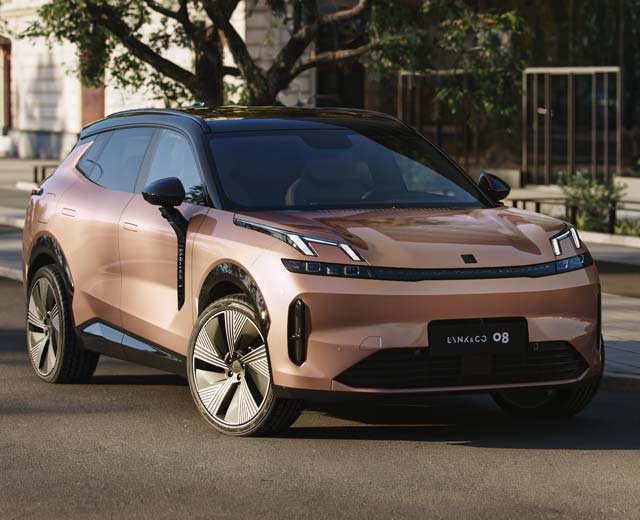In May 2025 year-to-date (YTD), new EU car registrations fell by 0.6% compared to the same period last year. Nonetheless, year-on-year (YOY) registrations for May increased by 1.6% compared to the same month last year.
The battery-electric car market share for May 2025 YTD stood at 15.4%, still far from where it needs to be. Hybrid-electric models continue to grow in popularity, retaining their place as the most popular power type amongst buyers.
New EU car registrations by power source
Up until May 2025, battery-electric cars accounted for 15.4% of the total EU market share, an increase from the low baseline of 12.1% in May 2024 YTD. Hybrid-electric car registrations continue to surge, capturing 35.1% of the market, remaining the preferred choice among EU consumers. Meanwhile, the combined market share of petrol and diesel cars fell to 38.1%, down from 48.5% over the same period in 2024.
Electric cars:
Sales of battery-electric vehicles jumped by 25 percent in Europe in May compared to the same month last year. In the first five months of 2025, new battery-electric car sales reached 701,089 units, capturing 15.4% of the total EU market share. Three of the four largest markets in the EU, accounting for 62% of all battery-electric car registrations saw gains: Germany (+43.2%), Belgium (+26.7%), and the Netherlands (+6.7%). This contrasted with France, which saw a decline of 7.1%.
The Volkswagen Group (which includes brands like Audi, Skoda, Seat, and Porsche) remains the leader in European car registrations, seeing a 4.8% year-on-year increase in new car registrations. This growth was significantly boosted by Cupra, which gained nearly 50%, despite a 22% drop in Porsche sales.
Following Volkswagen is Stellantis, whose registrations have fallen by 10% since the beginning of the year. The Franco-Italian-American group now holds just 16.5% of the European market, a decrease of 1.7 percentage points.
On the other hand, the Renault and BMW groups experienced sales increases in the EU, up by 6.6% and 3.9% respectively. However, Toyota, Hyundai, and Mercedes-Benz sold fewer cars compared to the first five months of 2024.
The race for dominance in the European EV market is intensifying. Chinese state-owned SAIC Motor saw a significant jump in sales within the bloc, increasing by 49.1% between January and May, with 88,475 vehicles sold. This performance puts them ahead of Tesla, which registered only 50,413 new cars in the EU during the same period, a 45.2% decrease from the previous year.
Plug-in hybrids:
Registrations of plug-in-hybrid electric cars in May 2025 YTD reached 375,182 units. This was driven by increases in volume for key markets such as Germany (+52.8%) and Spain (+66.6%). As a result, plug-in-hybrid electric cars now represent 8.2% of total car registrations in the EU, up from 7.1% in May 2024 YTD.
Hybrid cars:
May 2025’s YTD figures also showed new EU registrations of hybrid-electric cars rose to 1,601,090 units, driven by growth in the four biggest markets: France (+38.3%), Spain (+34.9%), Italy (+13.8%), and Germany (+12.1%). Hybrid-electric models now account for 35.1% of the total EU market share.
Petrol and Diesel cars:
By the end of May 2025, petrol car registrations had declined by 20.2%, with all major markets experiencing decreases. France experienced the steepest drop, with registrations plummeting by 34.3%, followed by Germany (-26.1%), Italy (-15.4%), and Spain (-13.3%).
With 1,305,525 new cars registered so far, the market share for petrol dropped to 28.6%, down from 35.6%. Similarly, the diesel car market declined by 26.6%, resulting in a 9.5% share for diesel vehicles in May 2025 YTD. Additionally, the May 2025 YOY variation showed a decline of 18.6% for petrol and 27.6% for diesel.
[source: ACEA]



